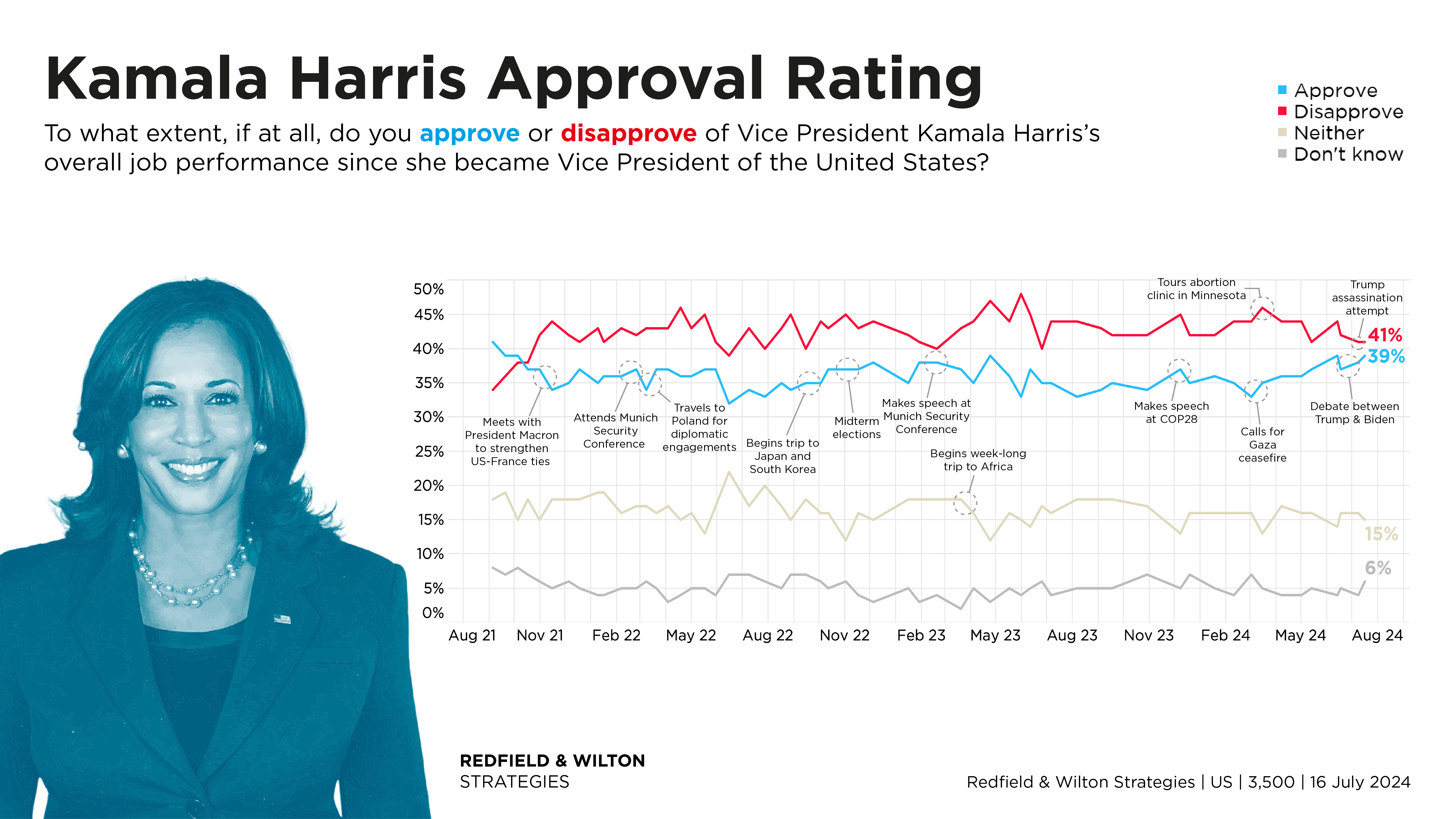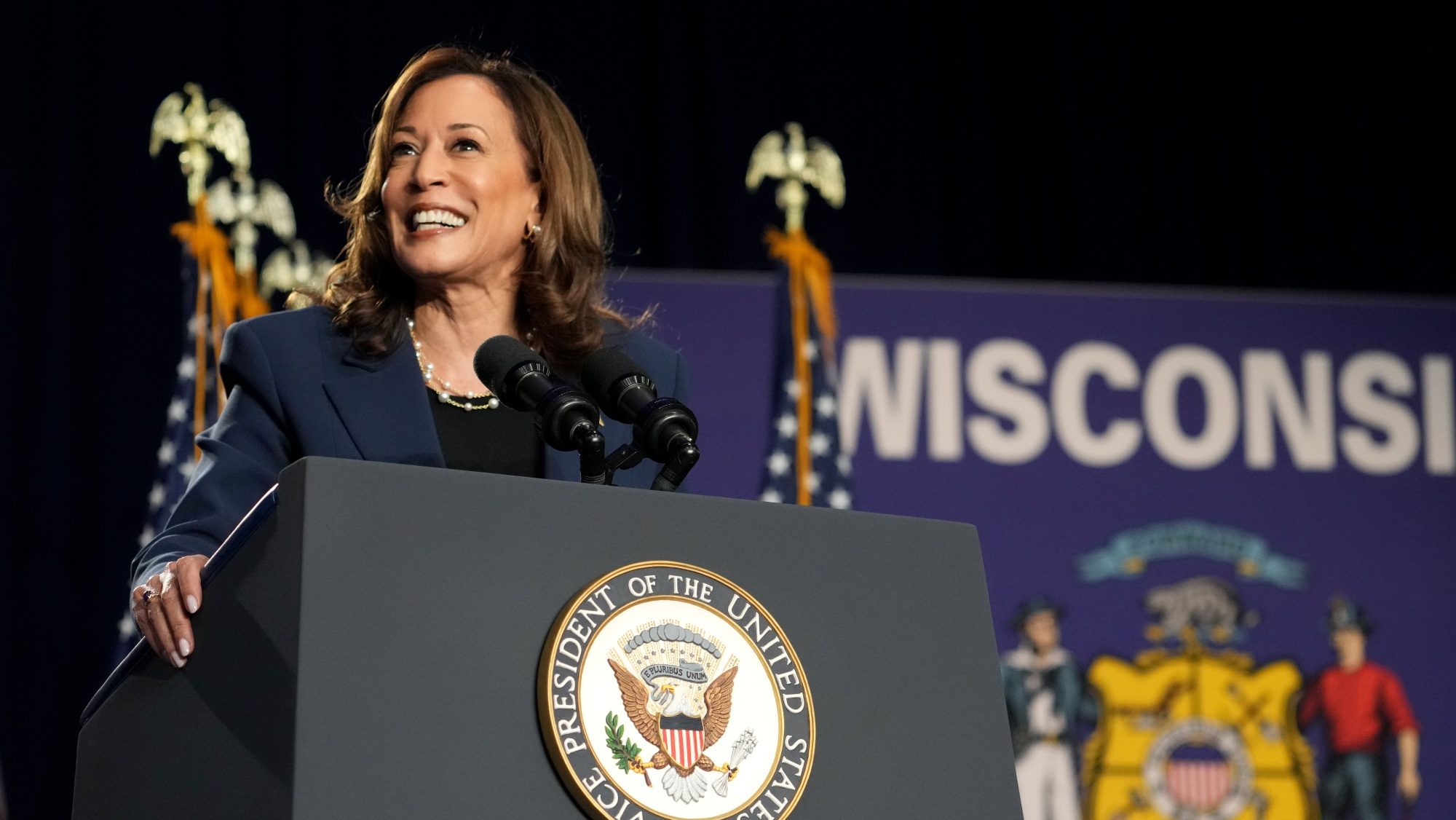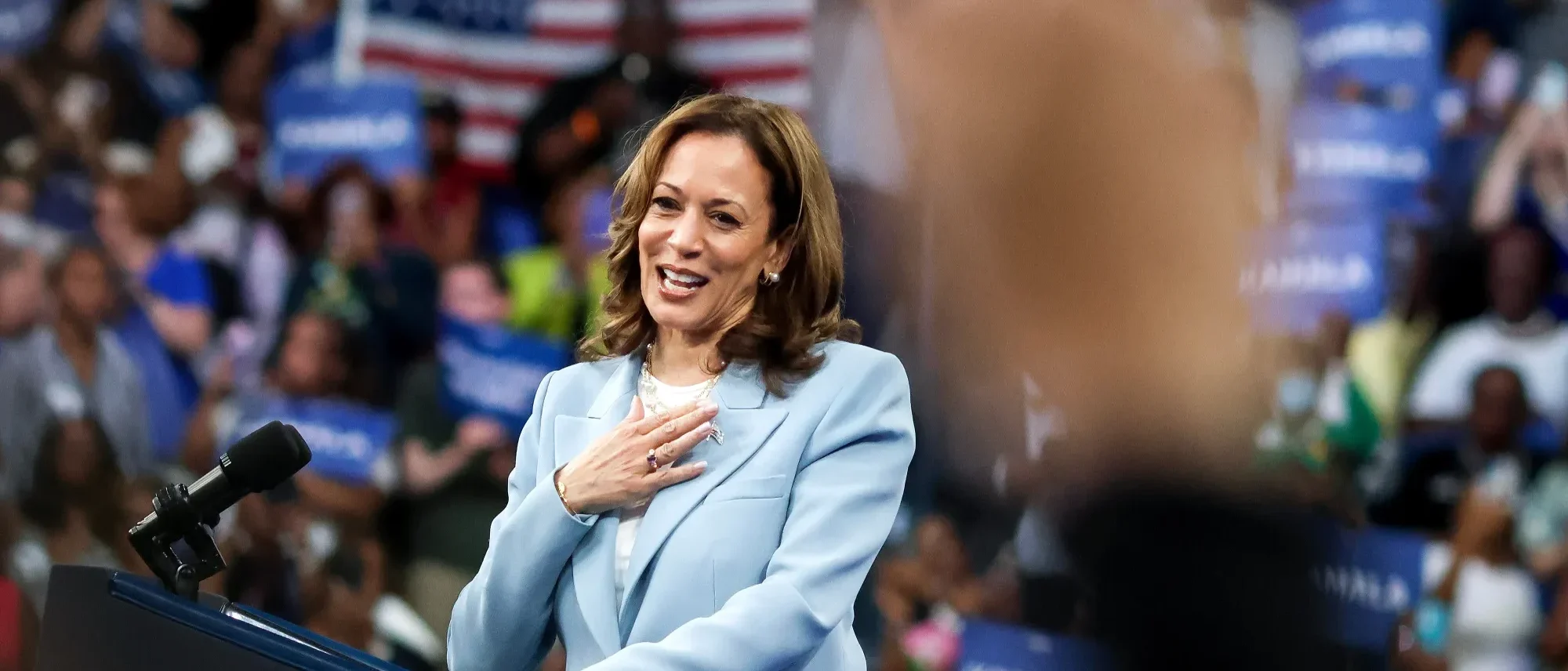Last Sunday, America’s political landscape was radically transformed as President Joe Biden announced his withdrawal from the presidential race in a written address to the nation. As the oldest sitting president in history, the public had frequently raised concerns about Biden’s capacity to run for re-election and serve another four years in office, given his age and declining cognitive function. However, it was not until the world saw his stuttering, rambling mess of a performance against Donald Trump in the presidential debate last month that calls for his resignation came flooding in.
Biden’s mental decline has long served as the subject of intense criticism from the Republican Party, but his performance in the debate was so incoherent and humiliating that it drove a number of prominent Democrats, including Chuck Schumer, Joe Manchin and Barack Obama, to begin questioning his mental and physical ability to serve a second term. Biden ultimately caved under the pressure and announced on X that it was “in the best interests of (his) party” to pull out of the race. However, this raised questions about why he should continue to serve out the remainder of his presidential term if he deemed himself unfit for reelection.
But the much, much bigger question was this: who would succeed Biden as the Democratic nominee and run against Trump in November? To many, the answer was obvious. With the almost unanimous support of the Democratic voter base, a public endorsement from Biden and a strong legal claim to the hundreds of millions of dollars that he raised, Vice President Kamala Harris expects to be formally nominated as the Democratic candidate for the general election at the Democratic National Convention in late August. In the blink of eye, a rematch between Trump and Biden years in the making has suddenly been turned on its head, and the question now stands: can Kamala Harris win the election?
Can Kamala Harris win?
Short answer? Yes. The Harris campaign has raised a truly extraordinary $300 million in funding just this month, as Democratic voters begin to rally around her renewed vision for the party. Harris’ approval rating has improved astronomically since Biden pulled out of reelection. Currently, over 39% of Americans view her favourably compared to just 35% prior to Biden’s withdrawal from the race. She has the support of over 99% of delegates at the Democratic National Convention and stands virtually unopposed, making her nomination against Trump practically inevitable.

While she currently trails behind the former president by an average of 1.5 percentage points based on a review by the Washington Post, Harris continues to gain momentum and has consistently outperformed expectations in polls. According to surveys conducted by YouGov, Ipsos and NPR, her approval rating has already surpassed that of Trump’s and is likely to only increase in the coming months. In any case, Harris is already polling significantly better than Biden. Trump’s lead on her is so negligible that it could simply be due to margin of error. Crucially, she continues to poll higher than Trump in seven major swing states, which will very much be pivotal to the outcome of the election in November.
It is precisely Harris’ remarkable success in these key battleground states that makes a Democratic victory in the general election such a likely possibility. Trump’s unanimous control over the Republican Party and highly optimised campaign strategy will make him an exceptionally formidable opponent at the voting booths later this year, but a President Harris is certainly not out of the question if she continues to gather support at this rate.
Transition of Power
So why exactly is Harris suddenly performing so well at the polls? Perhaps most importantly of all, her campaign represents a fundamental transition of power to the younger generation and embodies a newfound vision for the Democratic Party. Biden’s old age and persistent cognitive decline has only accentuated her perceived energy and clear victory plan, making her campaign strategy appear significantly more clear-cut, decisive and appealing in comparison. Amidst widespread concerns that America is slowly turning into a gerontocracy, a society ruled by old people, Harris’ campaign serves as a challenge to the elderly who dominate the ruling class. At 19 years younger than Trump and over 22 years younger than Biden, it is precisely Harris’ age that makes her such an appealing candidate to voters.
Progressive Policy
In terms of policy, she appears to be significantly more progressive than her predecessor, pledging to reinstate abortion nationwide, calling for increased taxes on the rich to fund widespread social services and expressing her contempt for Israel’s actions in Gaza. Harris’ highly progressive policy positions on social and economic issues very much embody the views of the modern left, making her campaign exceptionally popular among staunch Democratic voters and the broader left-wing.

Despite this, Harris’ stance on several key issues, including justice and immigration, has become significantly less progressive since her presidential campaign in 2020, and she now advocates for increased funding of law enforcement services and border control. Harris’ willingness to reform her stance on two of the Democratic Party’s weakest policies improves the well-rounded appeal of her campaign and makes her far more attractive to moderate voters, many of whom may have been hesitant to vote for Biden due to his poor performance on these key issues.
Race and Gender
Finally, much of her newfound support simply comes down to race and gender. As the first African-American female vice president in history, Harris’ popularity as the presumptive nominee has skyrocketed among black and female demographics, particularly those with moderate political views. It is certainly too early to tell, but from the way things stand, we may well see Kamala Harris win the election to become the 47th president of the United States.
Read more: The Insight Corner



